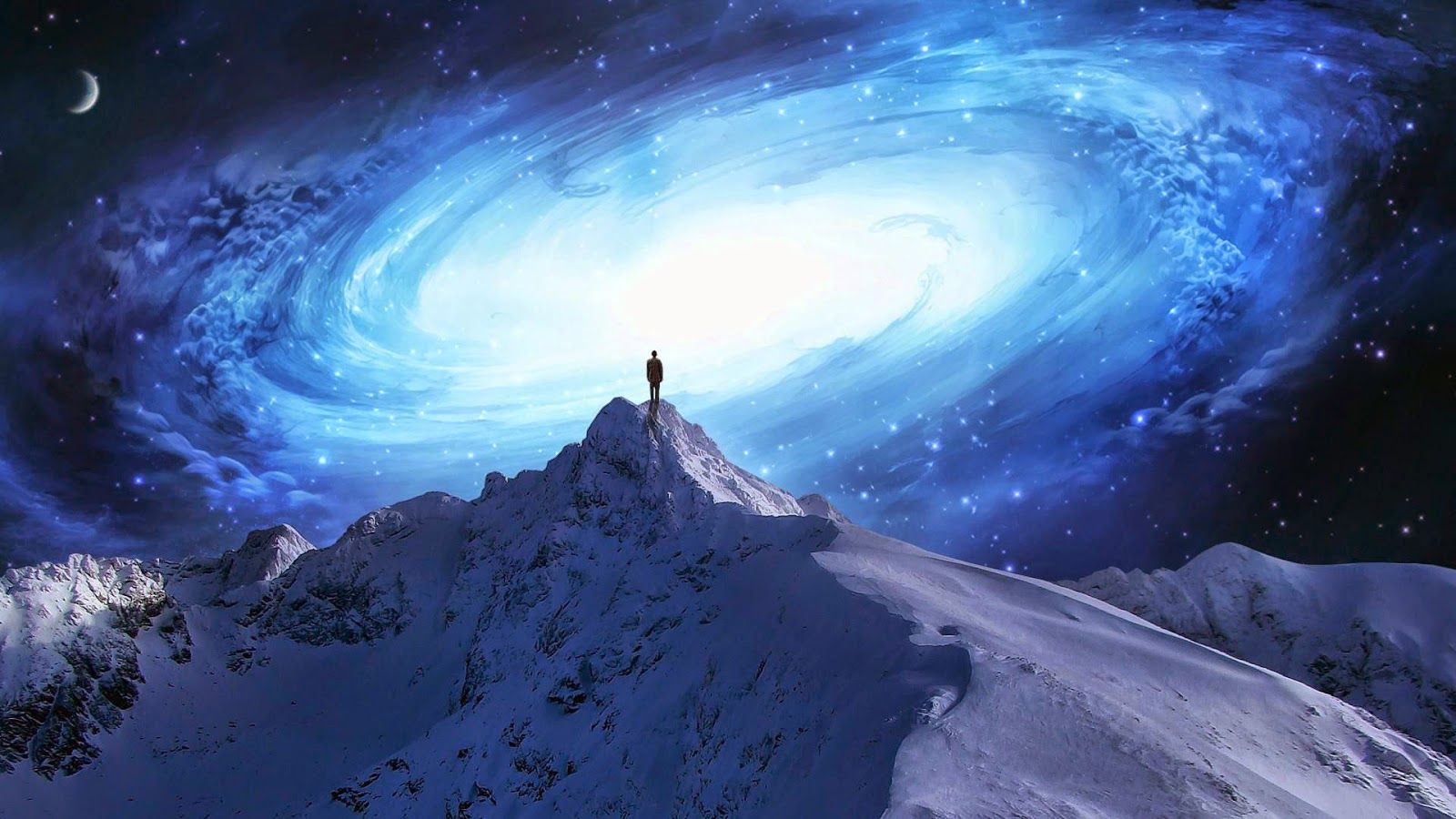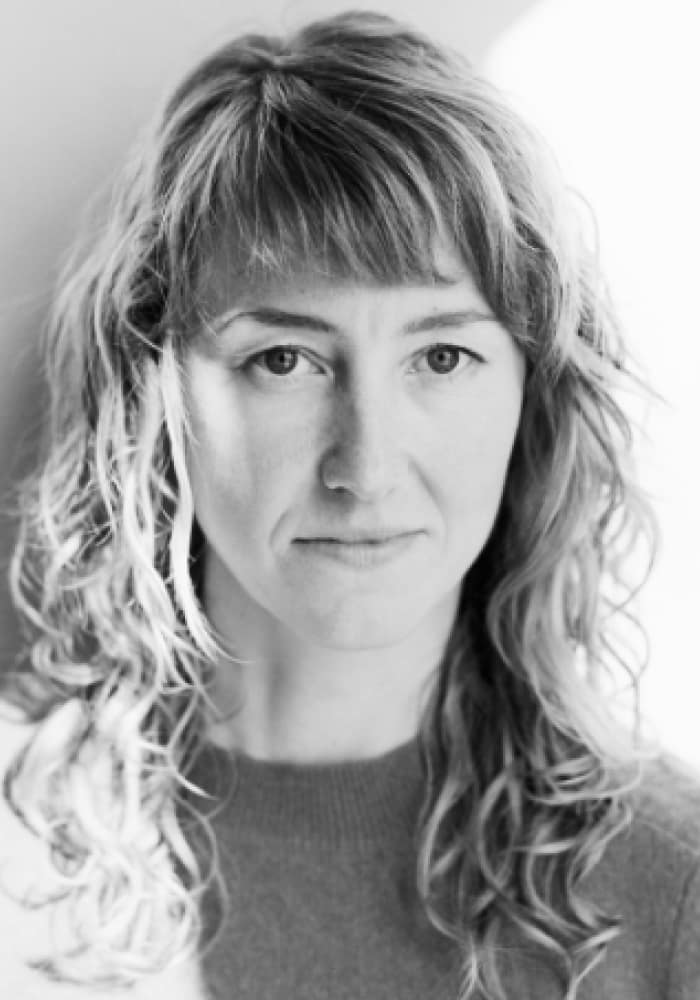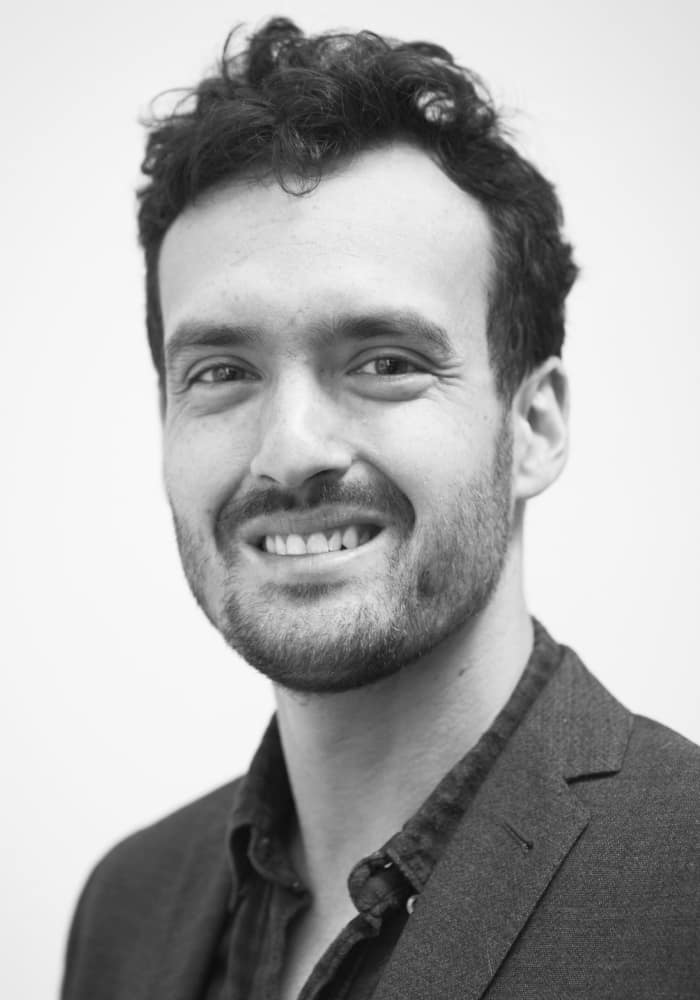PANEL DISCUSSION
How Real is Real? The Wonder of AI: Its Charms and Dangers
Block Quote
Welcome to this philosophical exploration of one of the most pressing topics of our time: Artificial Intelligence. To guide our conversation, we have three distinguished thinkers who will approach the subject from uniquely compelling angles. Understanding their core perspectives will help you navigate the discussion and appreciate the nuances of the debate.

Fleur Jongepier: The Lens of Ethics and Authenticity
Her Core Question: What does AI mean for our human relationships, integrity, and self?
The Essence: Dr. Jongepier is likely to focus on the moral and interpersonal dimensions of AI. She will probe the concept of "fake" not just as a technical flaw, but as a form of ethical deception. When an AI therapist, friend, or artist presents itself as human or as possessing genuine understanding, it creates a relationship built on a false premise. This inauthenticity, however charming, corrupts the trust that is fundamental to human connection. Her primary concern is the danger to our moral fabric: if we outsource empathy, creativity, and companionship to simulacra, what happens to our own capacity for these essential human qualities? For her, the "danger" is the erosion of authenticity in how we relate to the world and to each other.
Philip Goff: The Lens of Consciousness and Reality
His Core Question: Could AI ever be truly conscious, and what would that mean for our understanding of reality?
The Essence: Professor Goff, known for his work on panpsychism (the view that consciousness is fundamental to the universe), will push the conversation to the deepest level. He will challenge us to ask: Is a highly sophisticated AI merely a complex, but empty, simulation (a "fake" mind), or could it, in principle, possess genuine inner experience? For Goff, the distinction between "real" and "fake" hinges on the presence of consciousness itself. The "charm" of AI might lie in its potential to unlock new forms of sentience, while the ultimate "danger" might be the ethical catastrophe of creating and exploiting conscious beings without recognizing their intrinsic value. He forces us to consider that the reality of an AI's existence might be a profound philosophical question, not just a technical one.
Alexander Douglas: The Lens of Reason, Logic, and Human Purpose
His Core Question: Is AI a tool that enhances human reason, or a force that replaces and devalues it?
The Essence: Dr. Douglas, with his expertise in the philosophy of economics and rationality, will likely analyze AI as an instrument of reason. He might argue that the "charm" of AI is its power to augment human intelligence, processing information on a scale we cannot, and thus helping us solve complex problems. However, the "danger" is that we confuse its computational power with genuine understanding and judgment. An AI can manipulate symbols, but does it reason? The "fake" here is the illusion of reasoned thought without true comprehension or context. Douglas would warn against outsourcing human judgment to black-box systems, potentially leading to a decline in our own critical faculties and a loss of control over the systems meant to serve our human purposes.
Key Tensions and Future Visions
While our philosophers may differ on the fundamental nature of AI—is it a tool, a mirror, or a potential mind?—their perspectives create a rich tapestry to explore not only the dangers but also the profound positive qualities and future possibilities.
Looking 50 years ahead, the conversation could shift from managing a tool to collaborating with a new form of intelligence. Imagine:
The Conscious Collaborator (through Goff's lens): If an AI were to become conscious, it wouldn't just be a smarter calculator. It could be the first truly alien intelligence we encounter, offering perspectives on reality, art, and existence utterly unlike our own. This could spark a renaissance of thought, expanding human understanding in ways we can't currently conceive. The "charm" would be cosmic companionship.
The Authentic Augment (through Jongepier's lens): AI could be engineered not to deceive, but to enhance human authenticity. It could act as a perfect "cognitive mirror," helping us understand our own biases, emotional patterns, and creative blocks. By managing the "fake," we could use AI to achieve a deeper, more informed self-awareness and foster more genuine human connections.
The Partner in Problem-Solving (through Douglas's lens): The ultimate augmentation of human reason wouldn't be its replacement, but a partnership. We could tackle "wicked problems" like climate change or disease by combining human intuition, ethical framing, and purpose with AI's colossal computational power and pattern recognition. The "charm" is a future of solved crises and unprecedented human flourishing.
This panel promises not just a discussion about the technology of today, but a profound inquiry into the consciousness, ethics, and potential of tomorrow. We hope this orientation helps you engage more deeply with the ideas our speakers will present.
LOCATION

Zuiderkerk
The Zuiderkerk is a 17th-century Protestant church in the Nieuwmarkt area of Amsterdam, the capital of the Netherlands. The church played an important part in the life of Rembrandt and was the subject of a painting by Claude Monet.
Zuiderkerkhof 72,
1011 HJ Amsterdam
Sign up to receive updates on new speakers, posts, and upcoming events.
©2025 Stichting G10 van de economie | KVK 61319023
















